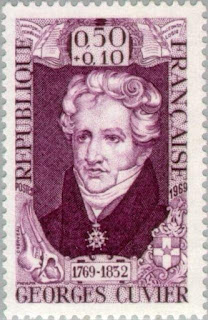Zulfikar Ali Bhutto, the former Prime Minister of Pakistan, was executed on 04 April 1979. Bhutto, who founded the Pakistan People's Party (PPP), served as the Prime Minister of Pakistan from 1973 to 1977.
In July 1977, Bhutto's government was overthrown in a military coup led by General Muhammad Zia-ul-Haq, who imposed martial law and declared himself the Chief Martial Law Administrator. Bhutto was subsequently arrested and charged with authorizing the murder of a political opponent. Despite international appeals for clemency and widespread protests both within Pakistan and abroad, Bhutto was convicted and sentenced to death.
On 04 April 1979, Zulfikar Ali Bhutto was executed by hanging at Central Jail Rawalpindi. His execution sparked controversy and condemnation from around the world, with many critics alleging that the trial and verdict were politically motivated and unjust.
Bhutto's execution marked a significant turning point in Pakistan's political history and had far-reaching consequences for the country's future trajectory. His daughter, Benazir Bhutto, would later rise to prominence as a political leader in Pakistan, eventually becoming Prime Minister herself. The legacy of Zulfikar Ali Bhutto continues to be debated in Pakistan and remains a contentious issue in the country's political landscape.










